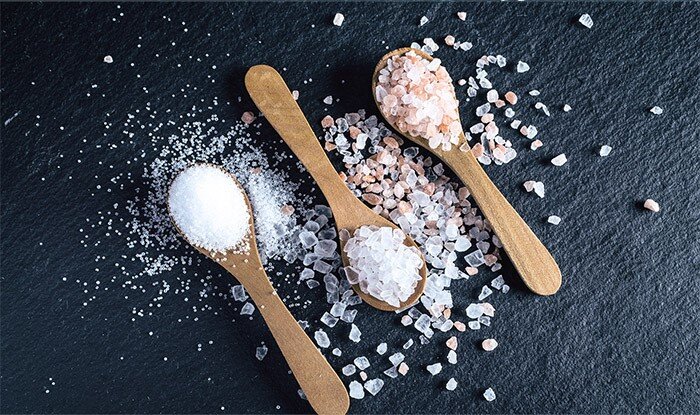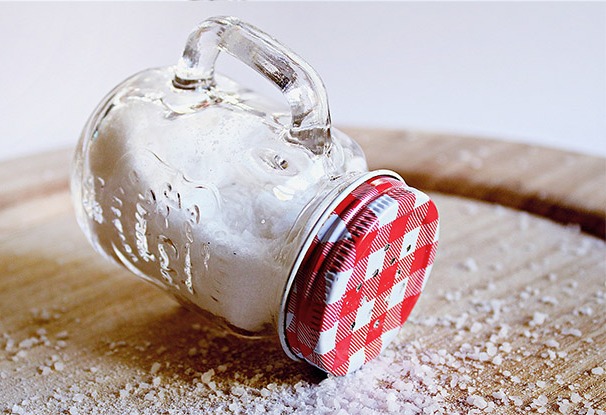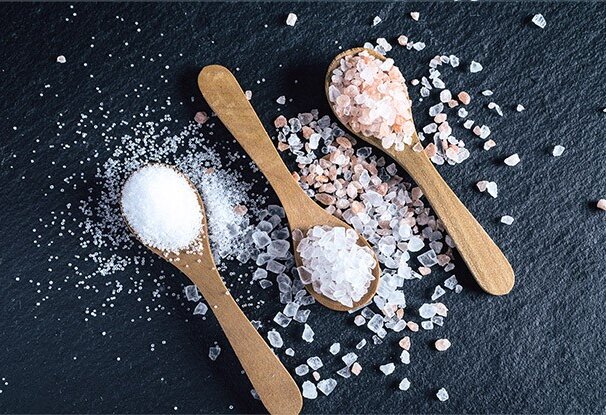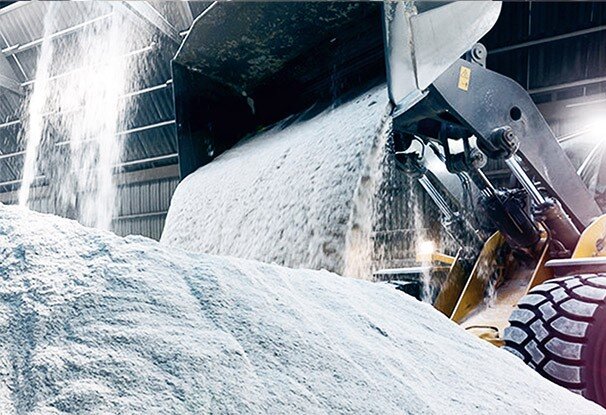5 Facts About Salt

Wie lange wird es noch Salz geben?
Salz ist glücklicherweise einer der wenigen Rohstoffe auf unserer Erde, der auch in Zukunft immer ausreichend vorhanden sein wird. Allein die Salzvorkommen unter Tage werden noch sehr lange reichen. Wenn man bedenkt, dass die Menge des in den Meeren gelösten Salzes um ein Vielfaches größer ist als die Mengen an Steinsalz und Sole, lässt sich tatsächlich davon sprechen, dass das Salz den Menschen nicht ausgehen wird.

Woher hat das
Salz seinen Namen?
Unser deutscher Begriff „Salz“ hat sich aus dem lateinischen Wort „Salarium“ entwickelt. Dieses wiederum stammt von „Salus“ ab, dem Namen für die römische Gottheit der Weisheit, die für das allgemeine Wachsen und Gedeihen verantwortlich war. Die römischen Beamten und Soldaten bekamen für ihre Reisen eine Ration Salz, genannt „salarium“. Der Zusammenhang zu dem heute nur noch selten verwendeten Begriff „Salär“ für Lohn oder Gehalt liegt auf der Hand – auch wenn es schon lange keine Entlohnung durch Salz mehr gibt.

Warum sind Tränen salzig?
Jeder kennt es aus eigener Erfahrung: Tränen schmecken salzig. Es ist sogar so, dass es ohne Salz gar keine Tränenflüssigkeit gäbe. Doch warum? Die Tränenflüssigkeit entsteht in den sogenannten Tränendrüsen, die sich oberhalb des Auges befinden. Um Flüssigkeit zu erzeugen, brauchen sie Wasser aus dem umliegenden Gewebe, und um das Wasser aus dem Gewebe zu ziehen, ist Salz nötig – daher sondert die Tränendrüse Salz ab. Kein reines Kochsalz, sondern eine Mischung aus verschiedenen Elektrolyten, auch Kalium ist enthalten.

Welche verschiedenen Salzarten gibt es?
Hast du dich schon immer gefragt, was eigentlich der Unterschied zwischen Kochsalz, Speisesalz und Tafelsalz ist? Die Antwort ist einfach: Es gibt keinen. Lediglich der Begriff ist ein anderer. Im Bereich Speisesalz unterscheidet man jedoch drei verschiedene Salzarten: Siedesalz (gewonnen aus Sole), Steinsalz (bergmännisch abgebaut) und Meersalz (gewonnen aus Meerwasser). Alle drei kommen immer in der gleichen Zusammensetzung aus Natrium und Chlor vor.

Welche Bedeutung hat
Salz in der Industrie?
Salz spielt nicht nur eine wichtige Rolle in der Ernährung, sondern auch in der Industrie und im Haushalt. Ob in der Stahlwarenindustrie, in Färbereien, zur Herstellung von Seife und Glas oder als Regeneriersalz für die Spülmaschine – ohne Salz sähe unser Leben in vielerlei Hinsicht anders aus. Nicht zu vergessen das Auftausalz, welches im Winter auf den Straßen für Sicherheit sorgt.


